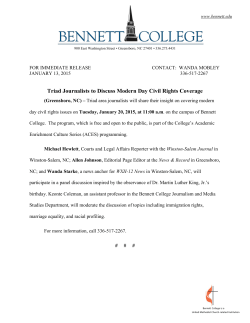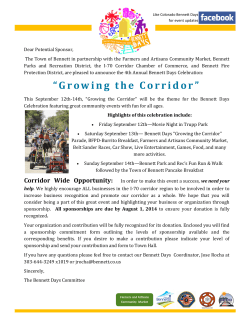
plantilla H. caprimulgi
Haemoproteus (Parahaemoproteus) caprimulgi (Williams, Bennett and Mahrt, 1975 ) Colección Biológica del Grupo de Estudios Relación Parásito Hospedero Reino: Protista Phylum: Apicomplexa Order: Hemosporidia Family: Haemoproteidae Genus: Haemoproteus Species: Haemoproteus Caprimulgi Type Host: scientific name GERPH collection number GenBank Chordeiles minor None register None Other Hosts: scientific name GERPH Nictypolus nigrescens GERPH-01 804-5 status GenBank none Click on the Scientific name of each bird species to obtain more information about the hosts. Typical stages of H. caprimulgi: A) inmature gametocite B-D)fully grown gametocytes; Bar = 10 μm. Main Characters: is the only one species of Haemoproteus describe and reported in caprimulgiformes, the fully grown gametocytes usually enclose the nucleus of the eritrocites, even sometimes occupying all cytoplasm of the host cells. In growing gametocytes a cleft is present between the erythrocyte nucleus and te parasite, the average number of pigment granules is 20. Specimen Category: Blood smear. Distribution in Colombia: La Macarena NNP. Altitudinal distribution: 400-500 m asl Global distribution: Holartic, Ethiopian and neotropical regions Pathology: unknown. Vectors: unknown. Bibliography: Basto et al., 2006. (click on the last name to go to the original paper) Valkiunas, G. 2005. Avian malaria parasites and other haemosporidia. CRC Press, Boca Raton. Florida, 946 p. financial support: Colciencias, by the program: Jóvenes investigadores, convenio 0737 del 2013. Contact: nemattac@unal.edu.co, jsmantillag@unal.edu.co, srhernandezs@unal.edu.co Williams, N.A., Bennett, G.F. and Mahrt, J.L. (1975) (click on the last name to go to the original paper) Developed by: JS Mantilla Reviewed by: NE Matta and JS Mantilla
© Copyright 2025










